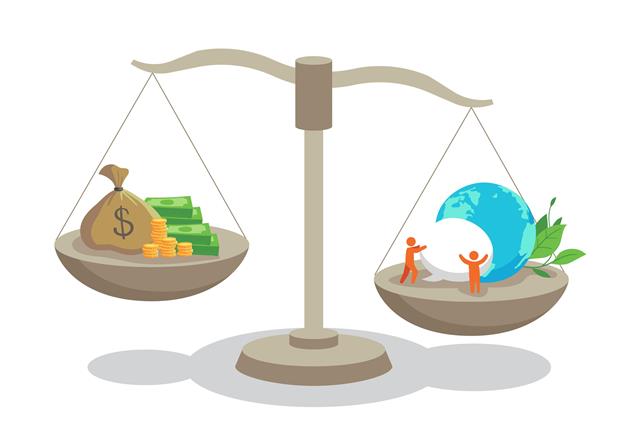
Social Responsibility and Organizations
Today, in developed and industrialized countries, social and moral responsibility is highly valued, and manufacturing and industrial organizations are required to fully comply with ethical principles.
The discussion of social responsibility has a long history and tangible dates back to the time of Adam Smith in the late 18th century. He addressed the issue of promoting public welfare and believed that the efforts of competing entrepreneurs would naturally be aimed at protecting the public interest. In other words, Smith believed that public interest and prosperity were provided by those who pursued their economic interests.
The social responsibility of organizations is not to make a mere profit. In fact, social responsibility is the expectation of society from organizations to work for the benefit of the people and to protect the environment and solve social problems alongside their main objectives, which are economic goals. Social responsibility is a clear and transparent notion that is primarily required for the organizations and institutions of the society, and as a result, governments and governmental organizations of each community will also be able to provide social welfare to a large group of people in the society. Recently, certain aspects of social responsibility have been discussed in marketing texts related to consumer issues, employee welfare, and supporting minorities in social relationships.
Social responsibility is a testament beyond what the law and its economic objectives are necessary for the long-term goals of organizations that are essential and beneficial to society.
In the discussion of the social responsibility of organizations, it is not merely financial assistance and attention to social welfare and support, but also the health and well-being of the products that are produced or the services that are provided.
In the wake of social responsibility, social accountability is raised, which is the capacity and ability of an organization to accept or the conditions of social change. Organizations feel responsible and committed to people in their society, and in response to their needs, social goals such as economic goals are pursued. Organizations that have a favorable status in terms of commitment to social responsibility activities in a way that, when necessary, are responsive to the needs and demands of the environment.



